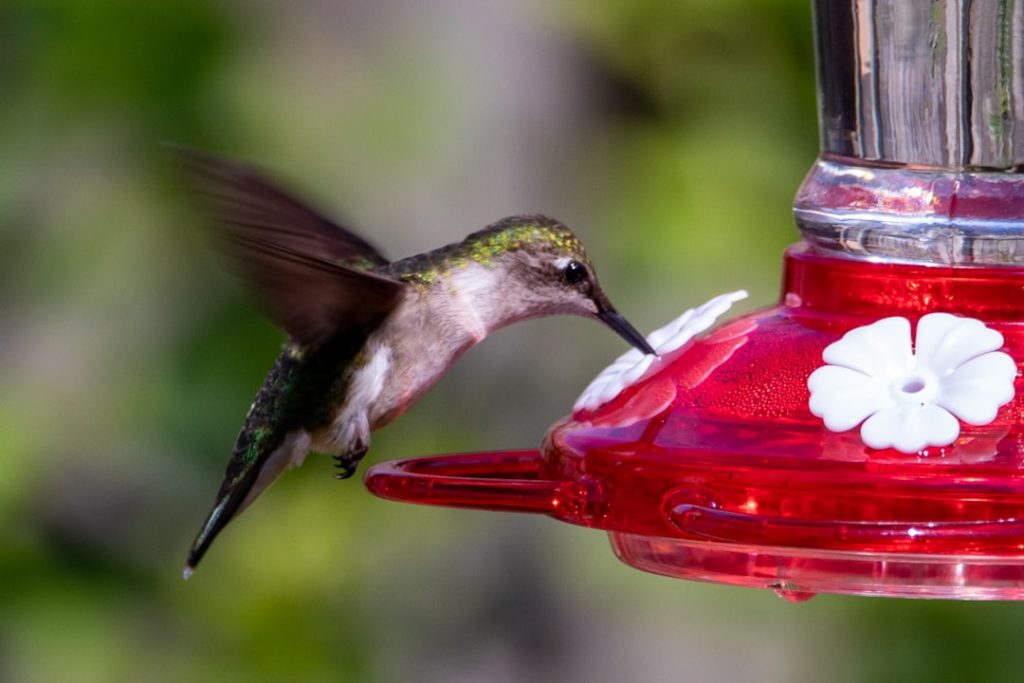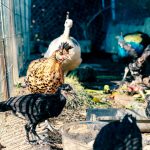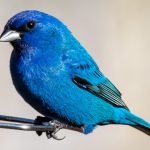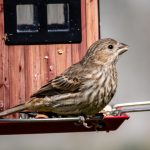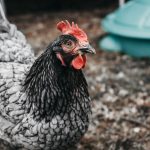When selecting a chicken breed for a backyard flock in South Africa, several factors should be considered. Climate is a crucial consideration, as South Africa’s diverse weather patterns range from hot and dry to cool and wet. Breeds such as Australorp and Boschveld are well-suited for hot, dry regions due to their heat tolerance.
In contrast, Orpington and Sussex breeds are more appropriate for cooler, wetter areas. The intended purpose of keeping chickens is another important factor. For high egg production, breeds like Leghorn and Rhode Island Red are recommended.
Dual-purpose breeds such as Plymouth Rock and Wyandotte are suitable for both egg and meat production. Those interested in breeding chickens for show purposes may prefer breeds with distinctive features, such as Silkie or Frizzle. It is essential to thoroughly research and consider these factors before deciding on a chicken breed, as the optimal choice depends on specific needs and preferences.
Table of Contents
- 1 Building a Coop and Run
- 2 Feeding and Watering Your Chickens
- 3 Health and Hygiene for Chickens
- 4 Collecting and Using Eggs
- 5 Dealing with Predators and Pests
- 6 Legal Considerations for Keeping Chickens at Home in South Africa
- 7 FAQs
- 7.1 What are the benefits of keeping chickens at home in South Africa?
- 7.2 What do I need to consider before keeping chickens at home in South Africa?
- 7.3 What are the housing requirements for chickens in South Africa?
- 7.4 What do chickens eat and drink?
- 7.5 What are the common health issues for chickens in South Africa?
- 7.6 What are the legal requirements for keeping chickens at home in South Africa?
Key Takeaways
- Consider the climate, space, and purpose of raising chickens when choosing the right breed
- Build a secure coop and run to protect chickens from predators and provide adequate space for exercise
- Provide a balanced diet and clean water for your chickens to ensure their health and productivity
- Regularly clean the coop, monitor for signs of illness, and provide necessary vaccinations for your chickens
- Collect eggs daily, store them properly, and use them in a timely manner to ensure freshness and safety
- Install predator-proof fencing and use natural deterrents to protect your chickens from predators and pests
- Familiarize yourself with local regulations and obtain necessary permits before keeping chickens at home in South Africa
Building a Coop and Run
Coop Considerations
When building a coop, there are several important factors to keep in mind. First and foremost, you’ll want to ensure that the coop is well-ventilated and provides ample space for your chickens to roost and lay eggs.
Security and Predator-Proofing
It’s crucial to make sure that the coop is secure and predator-proof, as there are many potential threats to chickens in South Africa, including snakes, mongooses, and birds of prey.
Run Requirements
In addition to building a coop, it’s essential to build a run where your chickens can safely roam and forage during the day. When building a run, it’s vital to ensure that it is large enough to accommodate all of your chickens and provides plenty of space for them to move around and exercise. The run should also be secure and predator-proof, with a roof or cover to protect your chickens from aerial predators.
Additional Essentials
Finally, it’s important to provide plenty of shade and shelter within the run, as well as access to fresh water and food. By taking these factors into consideration when building a coop and run for your backyard flock, you can ensure that your chickens are safe, healthy, and happy.
Feeding and Watering Your Chickens
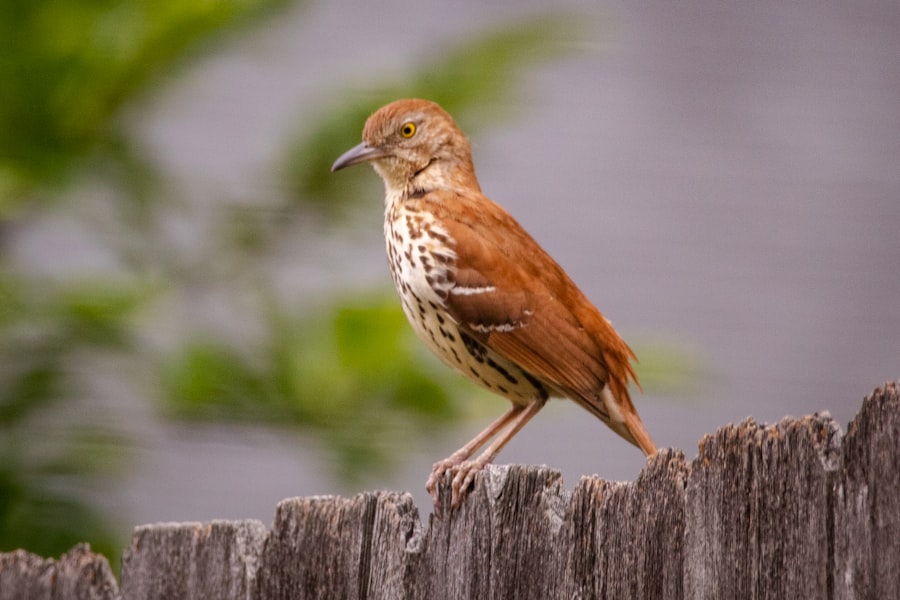
Feeding and watering your chickens is an essential part of keeping them healthy and happy in South Africa. When it comes to feeding your chickens, it’s important to provide them with a balanced diet that meets all of their nutritional needs. This typically includes a commercial feed that is specifically formulated for chickens, as well as access to fresh fruits and vegetables, grains, and protein sources such as mealworms or kitchen scraps.
It’s important to make sure that your chickens have access to clean, fresh water at all times, as dehydration can be a serious issue for chickens in hot climates like South Africa. In addition to providing a balanced diet and access to fresh water, it’s also important to consider the timing and frequency of feeding your chickens. Most backyard chicken keepers in South Africa feed their birds twice a day, once in the morning and once in the evening.
It’s important to make sure that your chickens have access to food throughout the day, as they are natural foragers and will spend much of their time pecking and scratching for food. Additionally, it’s important to monitor your chickens’ food intake and adjust their diet as needed based on their age, health, and activity level. By paying close attention to your chickens’ feeding and watering needs, you can ensure that they are healthy and well-nourished.
Health and Hygiene for Chickens
Maintaining the health and hygiene of your backyard flock is essential for keeping them happy and productive in South Africa. One of the most important aspects of chicken health and hygiene is keeping their living environment clean and free of bacteria and parasites. This includes regularly cleaning and disinfecting the coop and run, as well as providing clean bedding material such as straw or wood shavings.
Additionally, it’s important to regularly clean and sanitize your chickens’ feeders and waterers to prevent the spread of disease. In addition to maintaining a clean living environment, it’s also important to monitor your chickens for signs of illness or injury on a regular basis. This includes checking their overall appearance and behavior, as well as monitoring their egg production and quality.
If you notice any signs of illness or injury in your chickens, it’s important to take action quickly by isolating the affected bird and seeking veterinary care if necessary. Additionally, it’s important to practice good biosecurity measures by limiting contact between your flock and other birds or wildlife, as well as practicing good personal hygiene when handling your chickens. By taking these steps to maintain the health and hygiene of your backyard flock, you can help prevent disease and ensure that your chickens live long, healthy lives.
Collecting and Using Eggs
One of the most rewarding aspects of keeping backyard chickens in South Africa is collecting and using their eggs. When it comes to collecting eggs from your flock, it’s important to do so on a regular basis to prevent them from becoming dirty or damaged. Most backyard chicken keepers collect eggs once or twice a day, typically in the morning and evening.
It’s important to handle eggs gently and carefully when collecting them from the nest boxes, as they are fragile and can easily break if mishandled. Once you’ve collected eggs from your flock, there are many ways to use them in cooking and baking. Fresh eggs from backyard chickens are known for their superior flavor and nutritional value compared to store-bought eggs.
They can be used in a wide variety of recipes, from omelets and quiches to cakes and cookies. Additionally, eggs can be preserved by freezing or pickling them for later use. By collecting and using eggs from your backyard flock, you can enjoy delicious, nutritious eggs while reducing your reliance on store-bought eggs.
Dealing with Predators and Pests
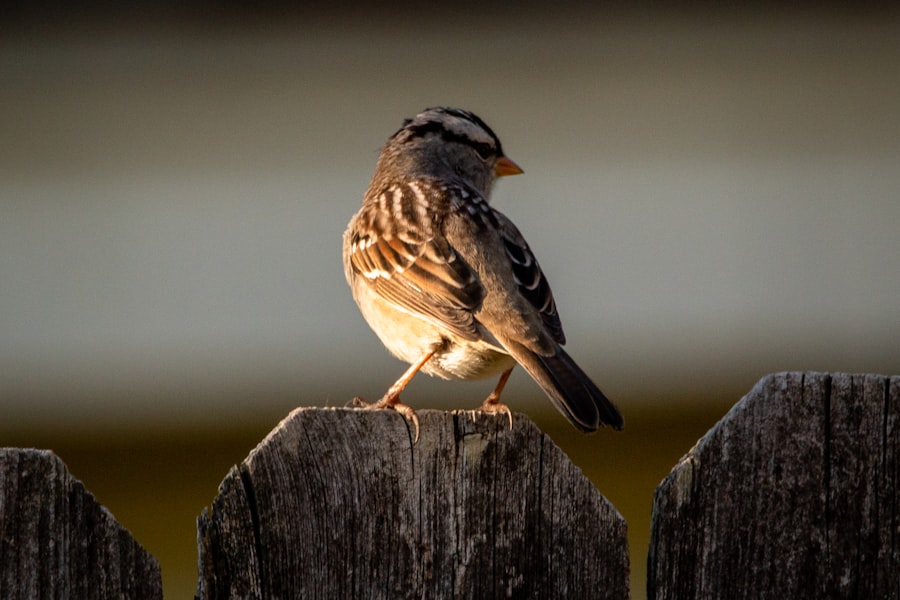
Common Predators of Chickens in South Africa
Predators and pests can pose a serious threat to backyard chickens in South Africa. Common predators of chickens in South Africa include snakes, mongooses, dogs, cats, birds of prey, and even larger wildlife such as jackals or caracals.
Securing Your Coop and Run
To protect your flock from these predators, it’s essential to build a secure coop and run with strong fencing and locks to prevent unauthorized entry. Additionally, providing plenty of shelter within the coop and run where your chickens can hide from potential threats is crucial.
Preventing Pest Infestations
In addition to predators, pests such as mites, lice, and flies can also pose a threat to the health of your flock. To prevent infestations of pests, regular cleaning and disinfecting of the coop and run are necessary, as well as providing regular dust baths for your chickens using diatomaceous earth or wood ash. Monitoring your chickens for signs of pest infestations on a regular basis and taking action quickly if necessary by treating affected birds with appropriate pest control products is also vital. By taking these steps to protect your flock from predators and pests, you can help ensure that they are safe and healthy.
Legal Considerations for Keeping Chickens at Home in South Africa
Before starting a backyard flock in South Africa, it’s important to be aware of any legal considerations related to keeping chickens at home. In some areas of South Africa, there may be local bylaws or regulations that govern the keeping of livestock or poultry within residential areas. These regulations may include restrictions on the number of chickens allowed per property, setback requirements for coops and runs, or guidelines for waste management.
Additionally, it’s important to consider any potential health or safety regulations related to keeping chickens at home. For example, there may be regulations related to biosecurity measures or disease control that must be followed when keeping backyard chickens. It’s important to research these regulations before starting a backyard flock in order to ensure compliance with local laws.
In conclusion, keeping backyard chickens in South Africa can be a rewarding experience that provides fresh eggs, natural pest control, and entertainment for the whole family. By choosing the right breed of chicken, building a secure coop and run, providing proper feeding and watering, maintaining health and hygiene practices, collecting and using eggs responsibly, dealing with predators and pests effectively, and considering legal considerations before starting a backyard flock, you can ensure that your chickens are happy, healthy, and well-cared for in South Africa.
If you’re considering keeping chickens at home in South Africa, you may want to read about the importance of the size of the chicken coop door. According to Poultry Wizard, the size of the door is crucial for the chickens’ safety and comfort. It’s just one of the many factors to consider when setting up a coop, along with the type of heater to use and the flooring material.
FAQs
What are the benefits of keeping chickens at home in South Africa?
Keeping chickens at home in South Africa can provide a sustainable source of fresh eggs, natural pest control for your garden, and a source of organic fertilizer for your plants.
What do I need to consider before keeping chickens at home in South Africa?
Before keeping chickens at home in South Africa, you need to consider local regulations and bylaws, the space and housing requirements for the chickens, and the time and effort required for their care and maintenance.
What are the housing requirements for chickens in South Africa?
Chickens in South Africa require a secure and predator-proof coop or housing structure that provides adequate space, ventilation, and protection from the elements. They also need access to a secure outdoor area for exercise and foraging.
What do chickens eat and drink?
Chickens in South Africa require a balanced diet of commercial chicken feed, supplemented with kitchen scraps, grains, and greens. They also need access to clean, fresh water at all times.
What are the common health issues for chickens in South Africa?
Common health issues for chickens in South Africa include parasites, respiratory infections, and nutritional deficiencies. It is important to monitor the health of your chickens and seek veterinary care when necessary.
What are the legal requirements for keeping chickens at home in South Africa?
The legal requirements for keeping chickens at home in South Africa may vary by municipality, but generally include regulations on the number of chickens allowed, the distance of the coop from neighboring properties, and the disposal of chicken waste. It is important to check with your local authorities for specific regulations.
Meet Walter, the feathered-friend fanatic of Florida! Nestled in the sunshine state, Walter struts through life with his feathered companions, clucking his way to happiness. With a coop that’s fancier than a five-star hotel, he’s the Don Juan of the chicken world. When he’s not teaching his hens to do the cha-cha, you’ll find him in a heated debate with his prized rooster, Sir Clucks-a-Lot. Walter’s poultry passion is no yolk; he’s the sunny-side-up guy you never knew you needed in your flock of friends!

